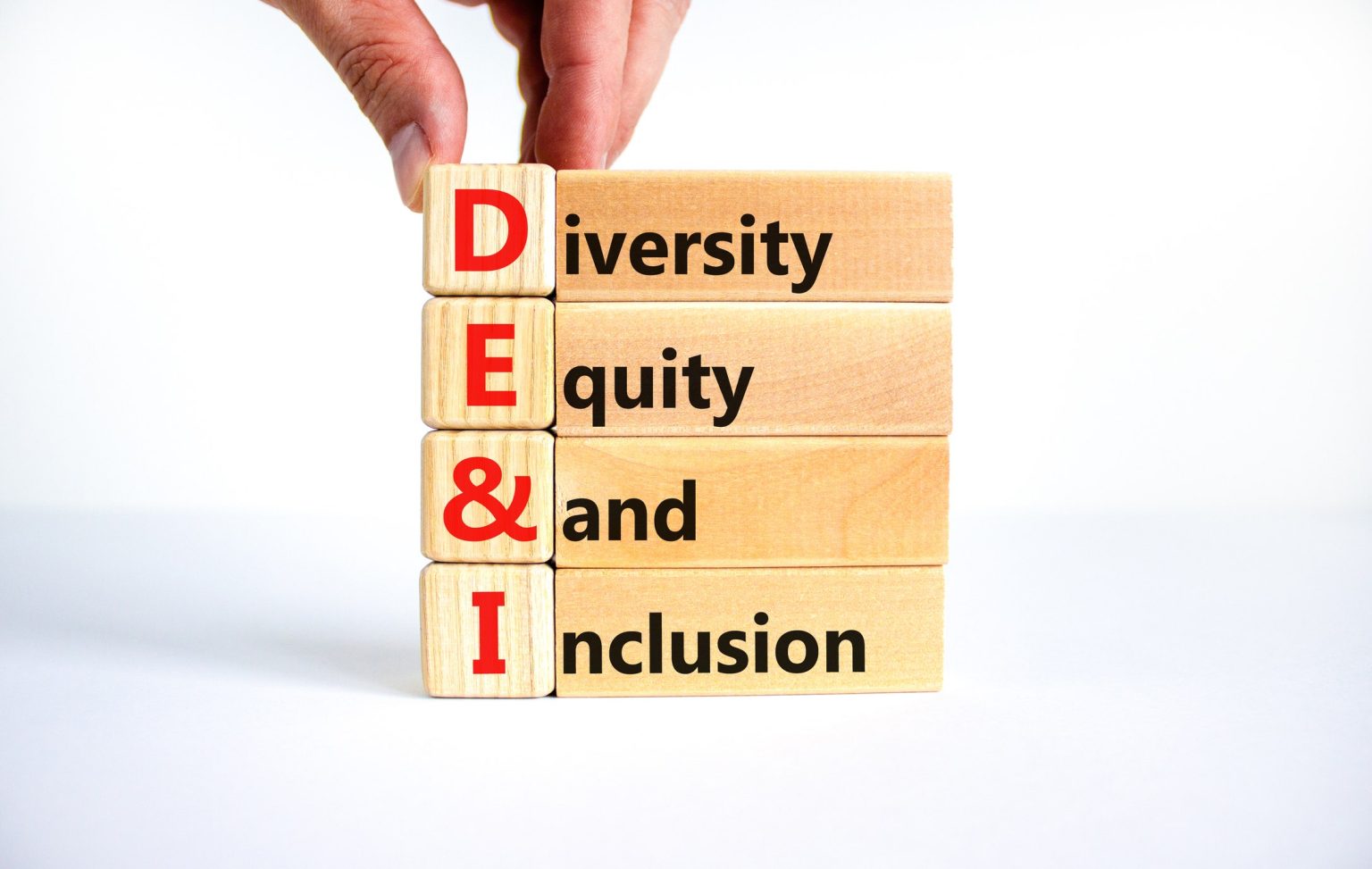A growing number of institutions for higher learning are dismantling their diversity, equity and inclusion (DEI) programs and practices in response to various state legislation, mounting political pressure, and the Supreme Court’s decision to ban affirmative action practices in college admissions. The Chronicle of Higher Education has been tracking changes at 158 college campuses in 22 states since January 2023. Recently, the University of North Carolina at Chapel Hill Board of Trustees dismantled its DEI programs and redirected funding to public safety and campus police following anti-Israel demonstrations.
Nicole Neily, president of Parents Defending Education, a grassroots group advocating for schools to “educate — not indoctrinate,” believes that the Supreme Court’s affirmative action decision has provided a legal backstop for universities looking to rein in bloated DEI departments with questionable outcomes. She argues that the lack of evidence regarding the effectiveness of these programs is concerning and that DEI “proxies” may be emerging to evade accountability. Neily highlighted the shifting terms used in DEI discourse, from critical race theory to culturally responsive teaching to the current emphasis on “belonging.”
A Rutgers University professor countered Neily’s perspective, arguing that without DEI offices, there is no ability to make meaningful progress in advancing diversity and inclusion on campus. She suggested that the focus should be on outcomes such as reducing incidents of hate and increasing diversity in admissions, rather than budget concerns. However, in light of the Supreme Court’s ruling in the Students for Fair Admission v. Harvard case that using race as a factor in college admissions is unconstitutional, school administrators now have legal cover to dismantle DEI programs if they do not see them as effective.
Legislation in over 20 states has already impacted schools’ DEI programs, and there is a growing push from advocates like Neily for more urgent action from governors and state legislatures to dismantle these programs. Neily emphasized the need to move towards a colorblind society and question the use of federal and state tax dollars for programs that focus on immutable characteristics like race. She hopes to see increased scrutiny and oversight of how funding is being allocated and used in the higher education system.
Overall, the changes in DEI programs and practices at institutions of higher learning are motivated by a combination of factors, including state legislation, legal decisions like the Supreme Court’s ruling on affirmative action, and shifting perceptions of the effectiveness of these programs. While some argue that DEI programs are essential for progress in diversity and inclusion on campus, others believe that they are ineffective and may lead to divisive practices. The debate around DEI in higher education is likely to continue as more schools grapple with how to address these issues in a changing legal and political landscape.













